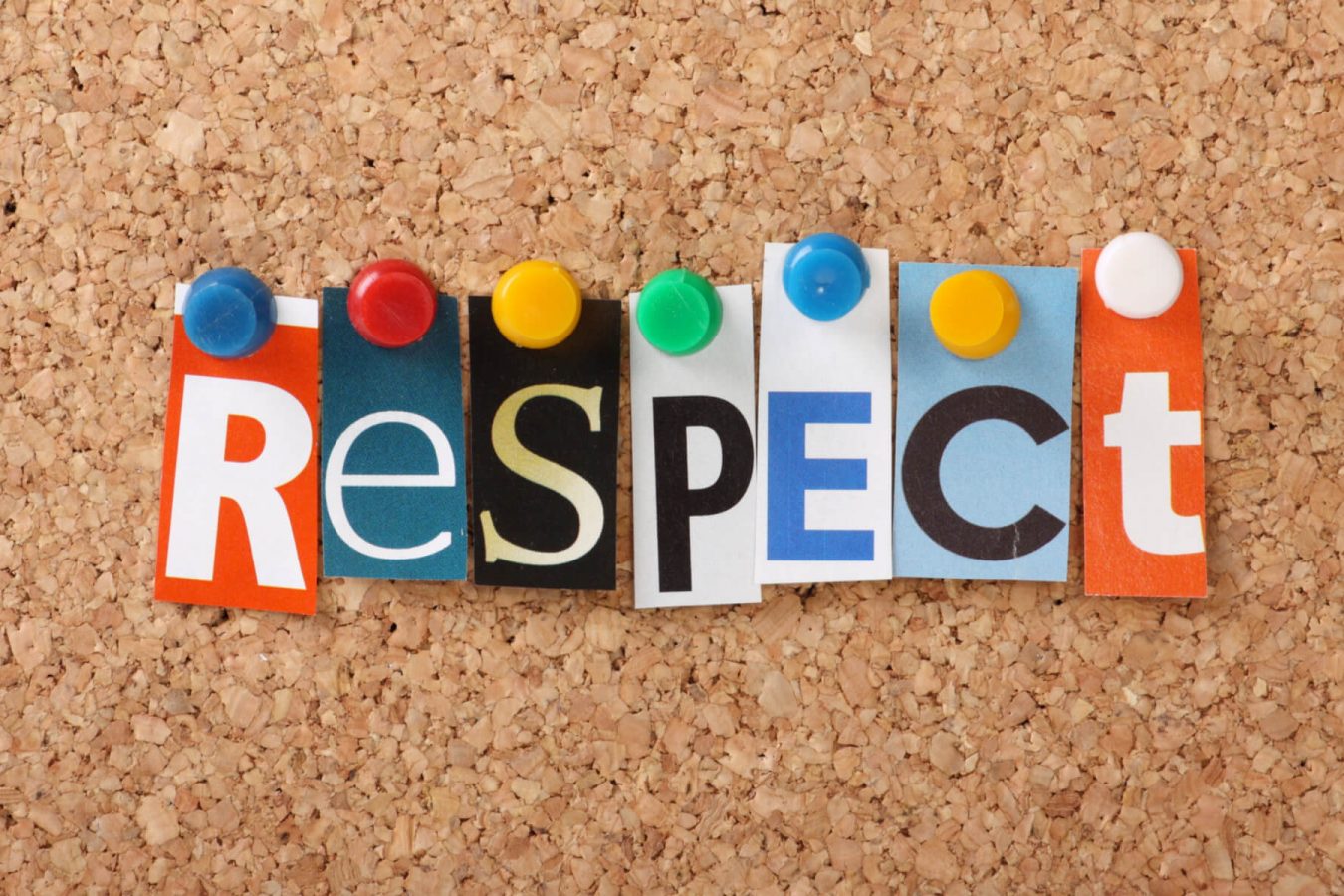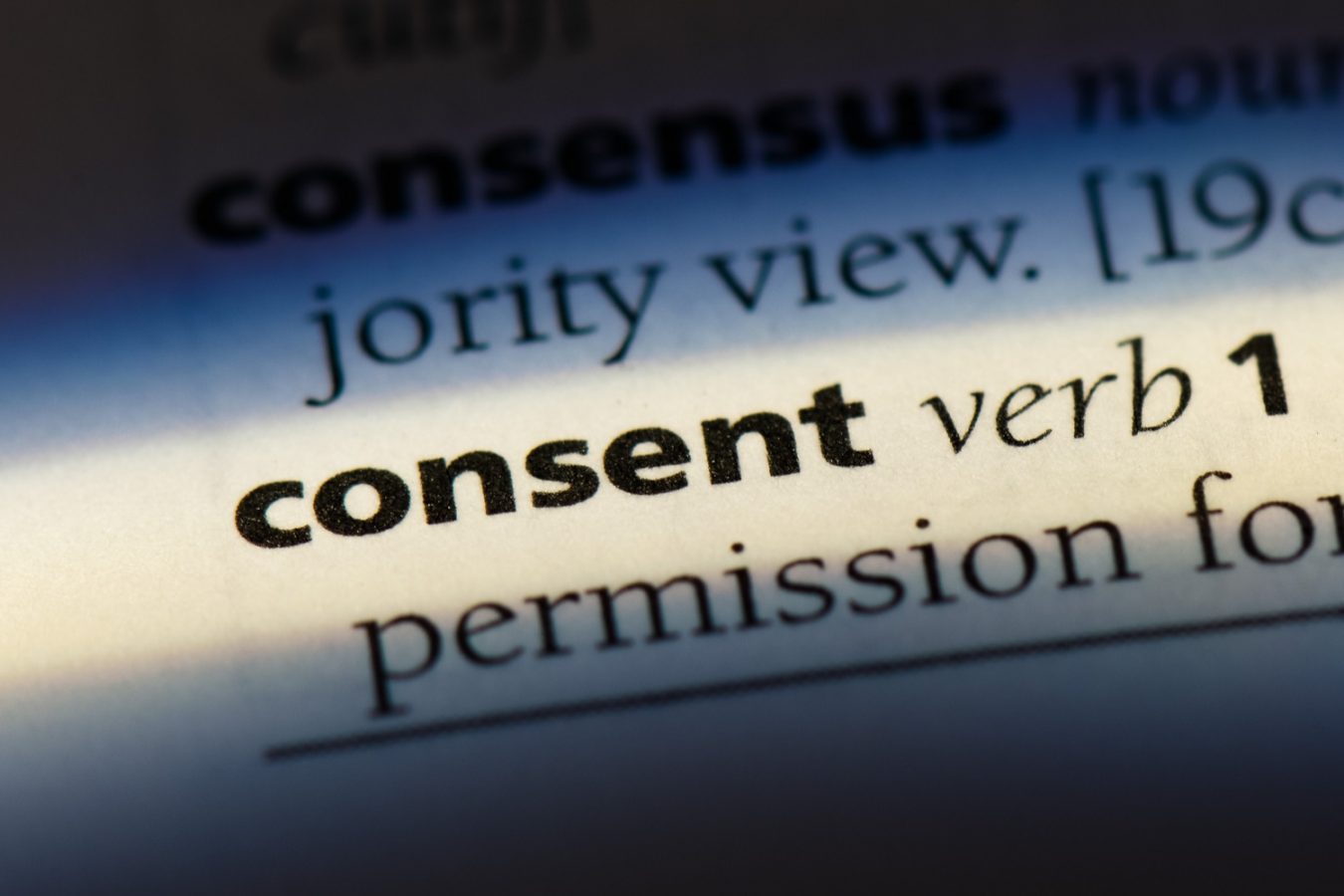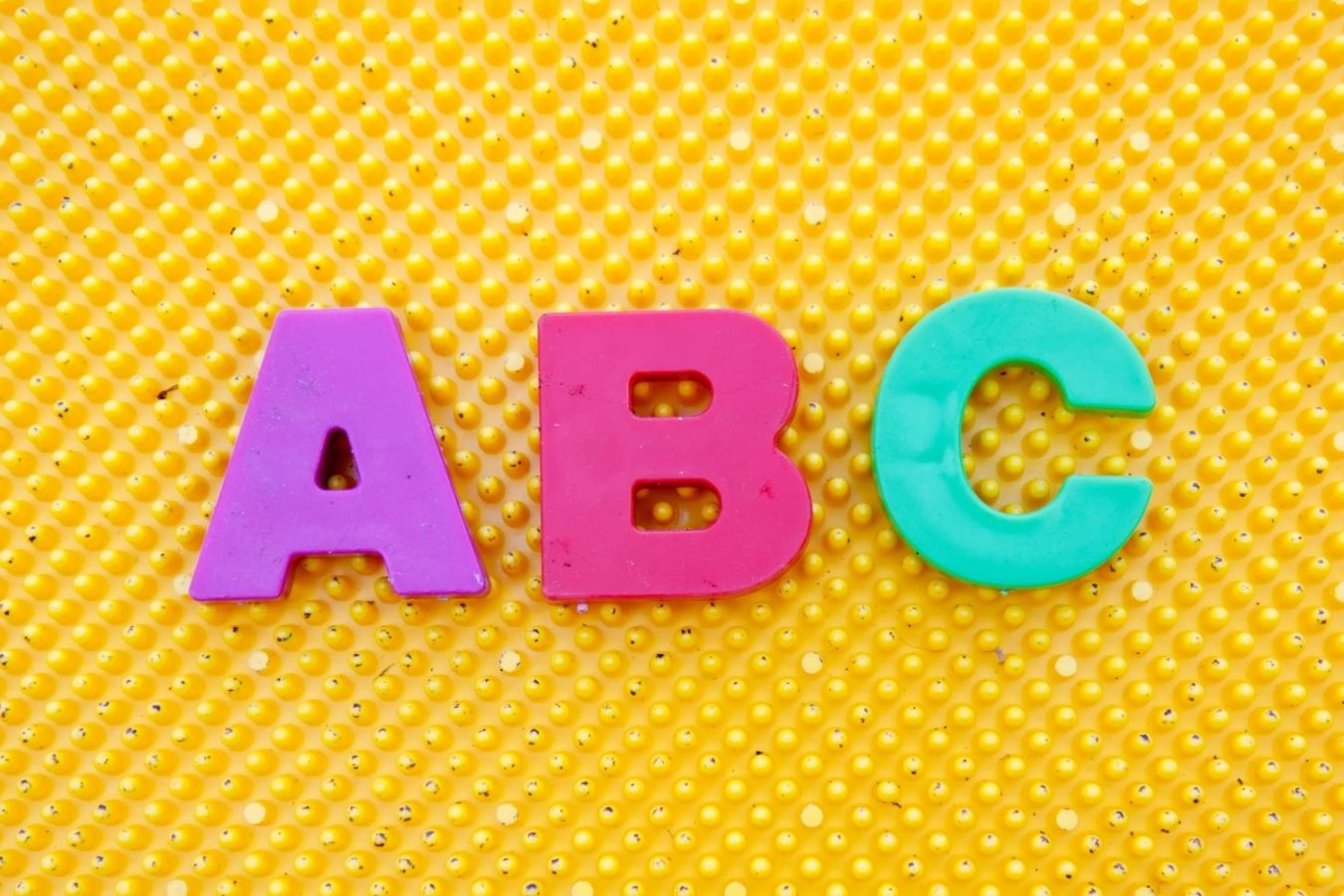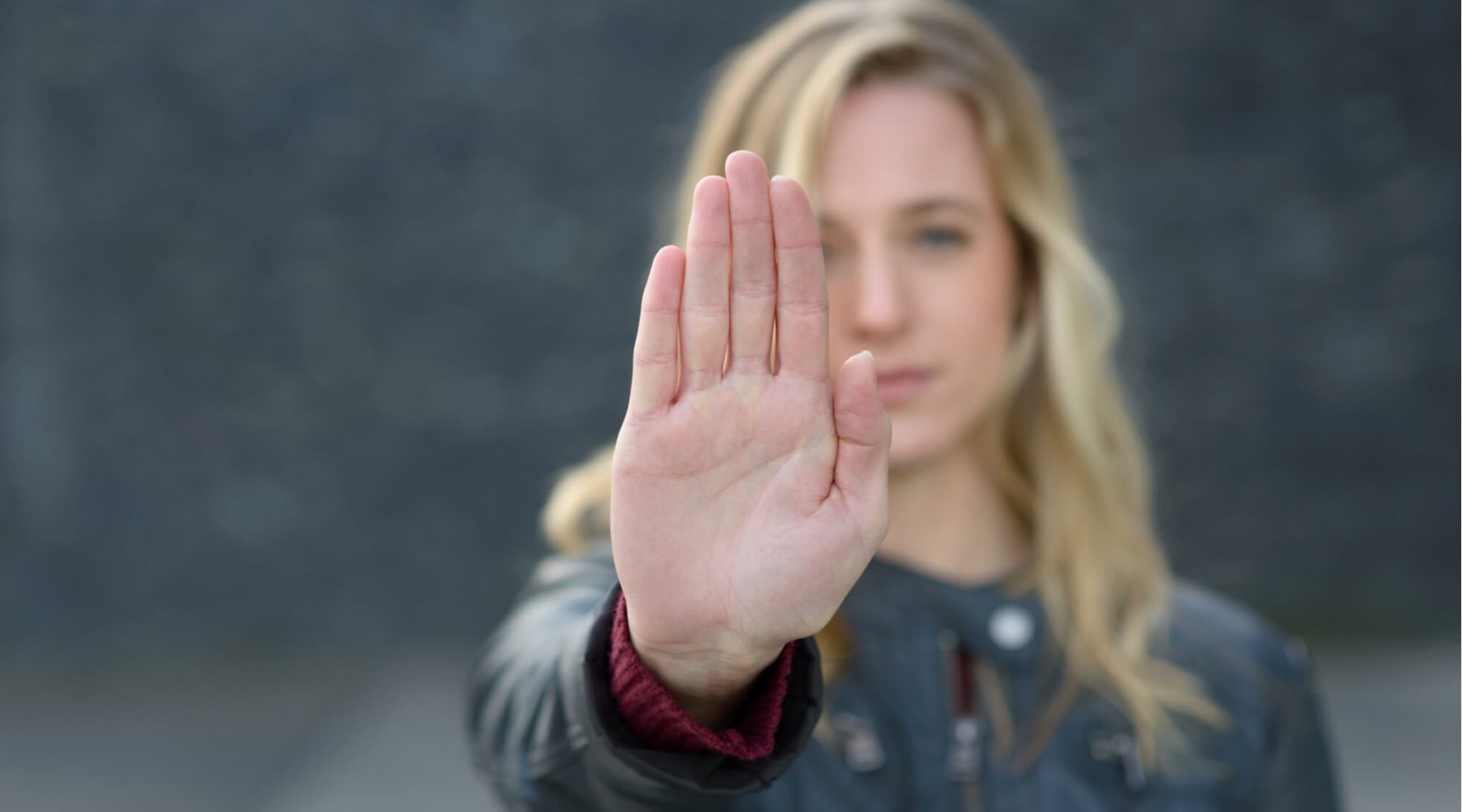
We need to hear what young people are saying about sexual assault and harassment in schools and act on what they say, writes Anne Hollonds, our National Children's Commissioner.
For the last few weeks, Australia has been having a ‘moment’ as our attention has been concentrated on an endless series of revelations of sexual assault and harassment in workplaces up and down the land, but also, very worryingly, in our schools.
The recent online petition posted by former Sydney student Chanel Contos has prompted a national conversation. Its urgency is underlined by thousands of testimonies of sexual assault and sexual harassment from current and former students. As I write this, the petition has more than 30,000 signatures.
A national conversation is clearly long overdue. But, like every good conversation, we need to ensure there is listening, as well as talking. During this ‘moment’, Chanel Contos’ advocacy has provided an opportunity for young people to speak up about their experiences of abuse and what they have observed around them amongst their school friends. We need to use this moment to listen to them and reflect on what can be done.
Making it possible for children and young people to speak up safely is the first step. And then listening to what matters most to them, and acting on what they say, should follow.
Many young people are saying they want change. They want improvements that include earlier and better consent education and address underlying cultural issues such as the attitudes of men towards women. Importantly they are saying they want their voices to be heard and taken seriously and they want to contribute to discussions about these matters that affect them. Their insights will be invaluable in guiding how we can move forward.
The next step is to pay attention to the available evidence about what works to keep kids safe.
This is very much a safety issue. We know that sexual harassment and assault can cause serious trauma and long-term adverse effects such as depression, self-harm, risk-taking behaviours, eating disorders, anxiety and substance abuse.
More listening, less lecturing
We know that teaching adolescents about sexual consent before they become sexually active can help prevent sexual assault and harassment. The Australian Human Rights Commission’s report, Respect@Work: National Inquiry into Sexual Harassment in Australian Workplaces, which was tabled in parliament last year, called for governments to ensure all Australian children receive consent education that is ‘age appropriate, evidence-based and addresses the drivers of gender-based violence, including sexual harassment.’
Research shows that nearly 50 per cent of 9-16 year-olds are already viewing online pornography regularly, and boys in larger numbers. A 2017 report by the Australian Institute of Family Studies found, ‘Pornography may strengthen attitudes supportive of sexual violence and violence against women’..
This is a very challenging issue for parents and schools. It’s confronting, but we must address these issues in order to help our kids.
Schools are in the ‘eye of the storm’ and they have a responsibility to act on prevention, appropriate responses and support. Schools need to be safe places for all children and young people.
Parents also need support to have those ‘kitchen table’ conversations about real-world sex, about respect and consent, about relationships, and how to be safe in the online world. In order to have open and honest communication about these serious issues, we need to do more listening, not lecturing.
Whether it’s respectful relationships, online safety or consent education, parents need to know what their children and young people are being taught at school and how they can have these conversations at home as well. And parents need to support each other in the school community, in order to protect our children and young people.
But this is not just a ‘schools’ problem, it’s a society-wide problem – and we can only move forward on this together.
Resources for parents and children
There are some good existing resources to help parents navigate these challenging conversations:
It’s Time We Talked – www.itstimewetalked.com/parents/
1800 RESPECT – www.1800respect.org.au (1800 737 732)
LIFELINE – www.lifeline.org.au (13 11 14)
KidsHelpline – www.kidshelpline.com.au (1800 55 1800)
eSafety Commissioner – www.esafety.gov.au/parents
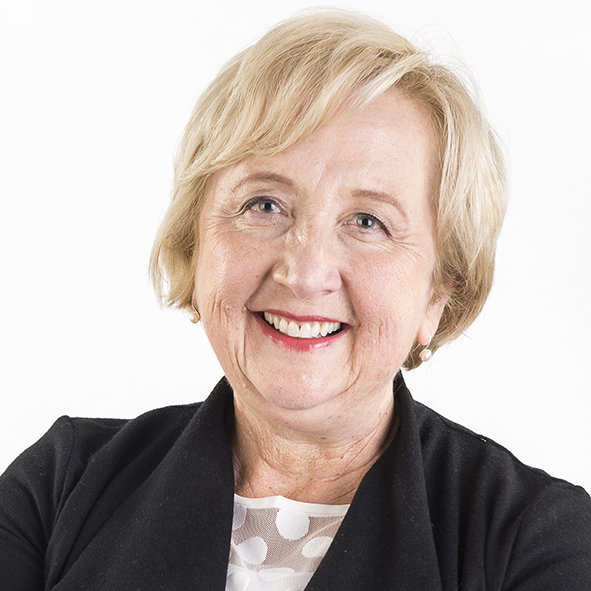
About the author
Anne Hollonds was appointed National Children’s Commissioner in 2020. She was previously the Director of the Australian Institute of Family Studies.
